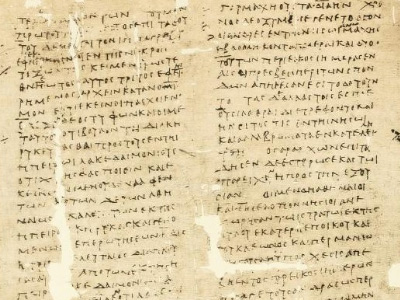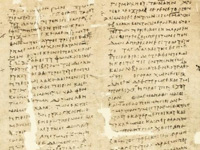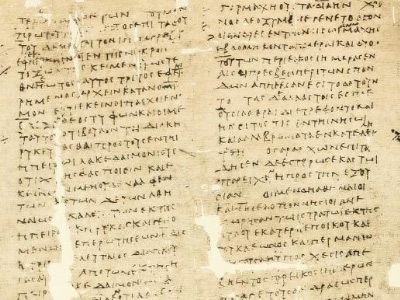Second Peloponnesian War (431-404 BC)

Peace of Nicias
With the death of Cleon and Brasidas, zealous war hawks for both nations, the Peace of Nicias was able to last for some six years. However, it was a time of constant skirmishing in and around the Peloponnese. While the Spartans refrained from action themselves, some of their allies began to talk of revolt. They were supported in this by Argos, a powerful state within the Peloponnese that had remained independent of Lacedaemon. With the support of the Athenians, the Argives succeeded in forging a coalition of democratic states within the Peloponnese, including the powerful states of Mantinea and Elis. Early Spartan attempts to break up the coalition failed, and the leadership of the Spartan king Agis was called into question. Emboldened, the Argives and their allies, with the support of a small Athenian force under Alcibiades, moved to seize the city of Tegea, near Sparta.
The Battle of Mantinea was the largest land battle fought within Greece during the Peloponnesian War. The Lacedaemonians, with their neighbors the Tegeans, faced the combined armies of Argos, Athens, Mantinea, and Arcadia. In the battle, the allied coalition scored early successes, but failed to capitalize on them, which allowed the Spartan elite forces to defeat the forces opposite them. The result was a complete victory for the Spartans, which rescued their city from the brink of strategic defeat. The democratic alliance was broken up, and most of its members were reincorporated into the Peloponnesian League. With its victory at Mantinea, Sparta pulled itself back from the brink of utter defeat, and re-established its hegemony throughout the Peloponnese.
HISTORY

RESOURCES
This article uses material from the Wikipedia article "Second Peloponnesian War (431-404 BC)", which is released under the Creative Commons Attribution-Share-Alike License 3.0.
© Stories Preschool. All Rights Reserved.










